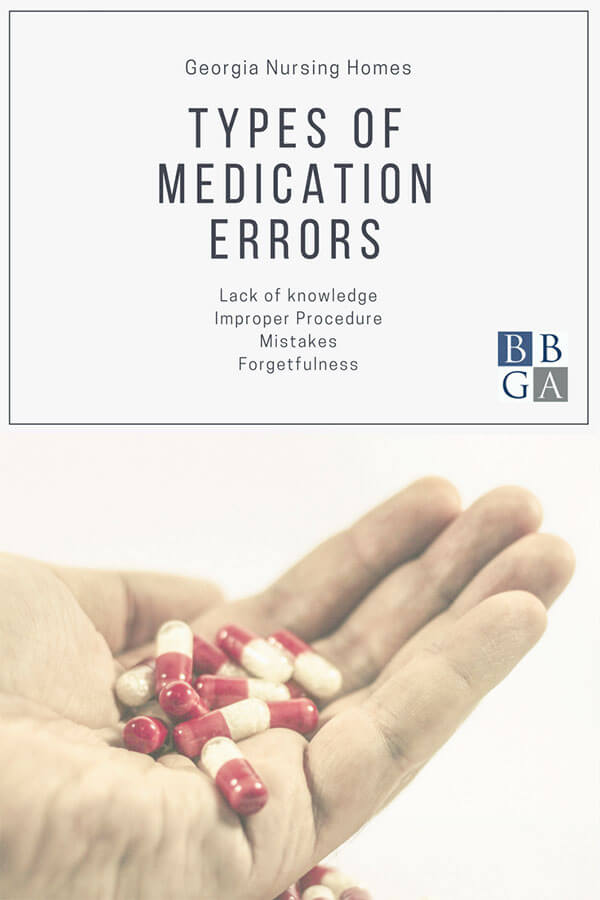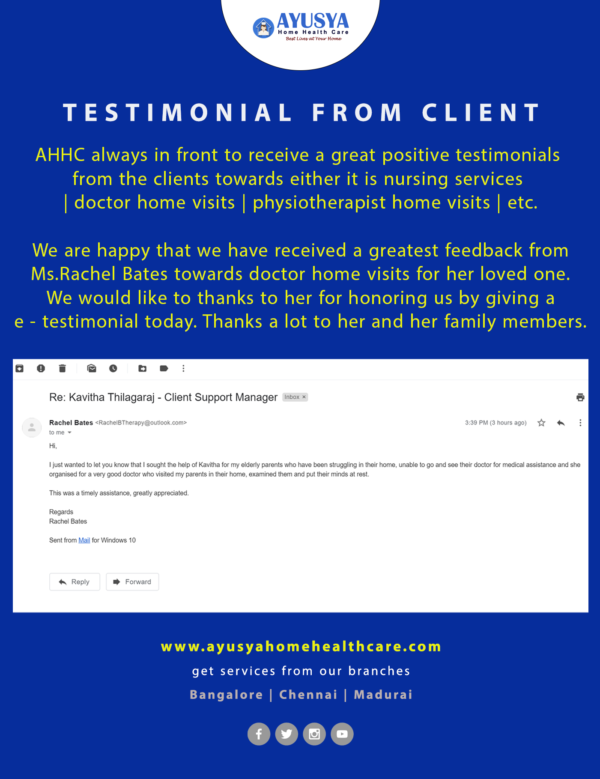Table of Content
- Nursing Home Privacy: Know Your Rights and Limitations of HIPAA Laws
- What type of healthcare facilities do the HIPAA regulations apply to?
- Does HIPAA apply to nursing homes?
- HIPAA for Professionals
- Nursing Responsibilities in HIPAA
- Keeping data safe helps you provide the best care possible
- your nursing career and education community
Though LTSS provides for all people who need assistance in daily life, the elderly are one of the largest groups that it focuses on and nursing homes are a large part of the LTSS institutions. For a private room in a nursing home, the average annual cost was $92,000. As a country, we spent $399 billion on LTSS in 2013, most of which was public spending such as Medicaid and Medicare. Recently, Athens Orthopedic Clinic PA settled a $1.5 million payout to the OCR for violations of the Privacy and Security rule. The clinic experienced a breach of patient privacy when its system was hacked and sensitive patient data were compromised. Healthcare Insurance Portability and Accountability Risk Analysis, with their various requirements, may seem intimidating.
Right to request a list of certain disclosures that have been made of your PHI. Turnover can also cause HIPAA concerns, in both staff and residents. Nursing homes have an extremely hard time retaining staff, and the industry has been experiencing a worker shortage for years. HIPAA can be difficult with entry-level employees because they only have a right to certain information.
Nursing Home Privacy: Know Your Rights and Limitations of HIPAA Laws
Poorly trained or monitored staff can also lead to issues with HIPAA. Some nursing homes may not take the time to completely explain HIPAA rules to their staff members, which increases the chance that they will unintentionally violate HIPAA at some point. It is important for nursing homes to establish a status quo that prioritizes resident privacy. There is also a prediction of a 75% increase in the number of elderly people who need nursing homes in 2030, rising from 1.3 million to 2.3 million. Due to the increase in the elderly population, along with the increase in those needing nursing homes, Social Security and Medicare expenses will increase from 8% of gross domestic product to 12% by 2050.
With the proliferation of electronic devices, sensitive records are at risk of being stolen. Nurses must follow HIPAA guidelines to ensure that a patient’s private records are protected from any unauthorized distribution. Although it is not always easy, nurses have to stay vigilant so they do not violate any rules.
What type of healthcare facilities do the HIPAA regulations apply to?
In each scenario the hospital will want to disclose the name of the patient so the nursing home can verify that this patient had been a resident in their home and the date and location of service. The HIPAA Privacy Rule permits a covered health care provider to use or disclose PHI for treatment purposes without the authorization of the patient. While nursing homes are specifically called out in HIPAA’s guidelines, not every senior care facility is held to HIPAA laws.
Enhance flexibilities for disclosures in emergency or threatening circumstances, such as the Opioid and COVID-19 public health emergencies. When a patient or resident dies, be sure to follow proper legal channels of releasing the patient information to whoever is legally authorized. Go through the proper legal channels for releasing protected health information after a patient dies.
Does HIPAA apply to nursing homes?
A state law is also preempted if the state law interferes with the objective of Congress in having passed HIPAA. Keeping their medical records private is a vital part of maintaining financial and physical safety and security. If you or a loved one experiences a HIPAA rights violation, you deserve to hold the guilty party accountable. The attorneys at Gallon, Takacs & Boissoneault can help you understand your rights and pursue a case if there is a violation.

Cover papers or files and watch who might be looking at screens. Never store data on any personal or unencrypted flash drive or device. Do not open files on public transportation or leave them in your car. With better awareness, they can be more diligent in protecting patient information. Concerns about the provider’s compliance with its privacy policies.
For instance, electronic devices that send PHI should have end-to-end encryption, and physical records should always be stored in a locked cabinet. A distinction is made between use and disclosure of PHI for treatment purposes with regard to the “minimum necessary” requirement. The “minimum necessary” requirement does not apply to disclosures of PHI for treatment purposes, and the disclosures discussed above are treatment disclosures that are permitted under the HIPAA Privacy Rule. Although HIPAA guidelines apply to all care team members, they are vital for nurses who deal with so much patient information. Nurses do not have to be HIPAA experts, but they must understand the regulations and potential consequences. Most importantly, they should review best practices and seek opportunities for improvement.

For example, to properly care for your patient, you need to know your patient’s clinical information such as current lab results and recent medical history. You do not need to know your patient’s marital status, or to know clinical information about the patient in the care of another nurse, unless you are directly assisting with the care of that patient. You will most likely be required to receive HIPAA training on a regular basis. Rather, it is a process that requires ongoing education, learning, monitoring and compliance.
Authorized to make such requests on behalf of a deceased individual), they were not entitled to the records. The spouses and attorneys-in-fact sued in trial court, demanding release of the records under the Florida law. The trial court found HIPAA preempted the state law, and issued a ruling for the Florida state health agency.

This shocking discovery caused a PR disaster for Laguna Honda. It also led to an official investigation into the healthcare system and possible criminal charges for the staff. A practitioner at the hospital diagnoses a patient’s tuberculosis and wants to inform the nursing home so that the staff there can quarantine the coughing roommate of the index case. In these scenarios a resident of a nursing home is admitted into a hospital, certain medical conditions are diagnosed, and the hospital wants to disclose this health information back to the nursing home. Violating HIPAA regulations results in severe consequences for both the organization and the individual. Organizational discipline may include remediation, verbal or written counseling, and even termination.
The victims of the HIPAA violation should have help determining how to proceed, and hold the violator accountable for their actions. Unfortunately, most people do not fully understand their HIPAA rights and many medical professionals do not explain them. Facilitate family and caregiver involvement in the care of individuals experiencing emergencies or health crises. This Rule sets national standards for protecting the confidentiality, integrity, and availability of electronic protected health information.
Note, they offer “guidance” rather than exact methods because they say there is no one method or “best practice” that works for all organizations. Conduct regular training sessions with your employees so they understand how to comply with your privacy policies.

No comments:
Post a Comment